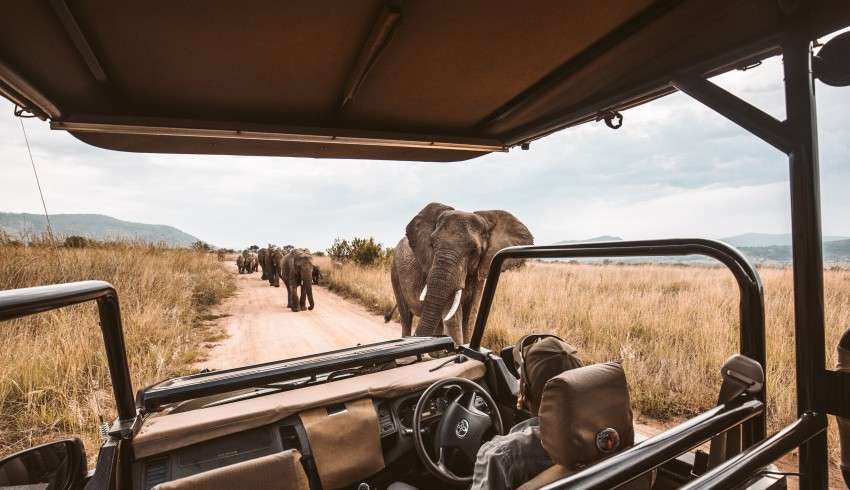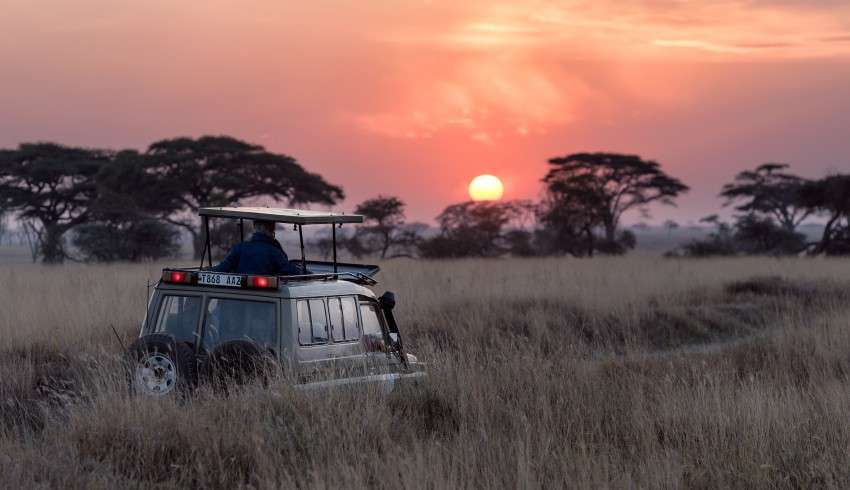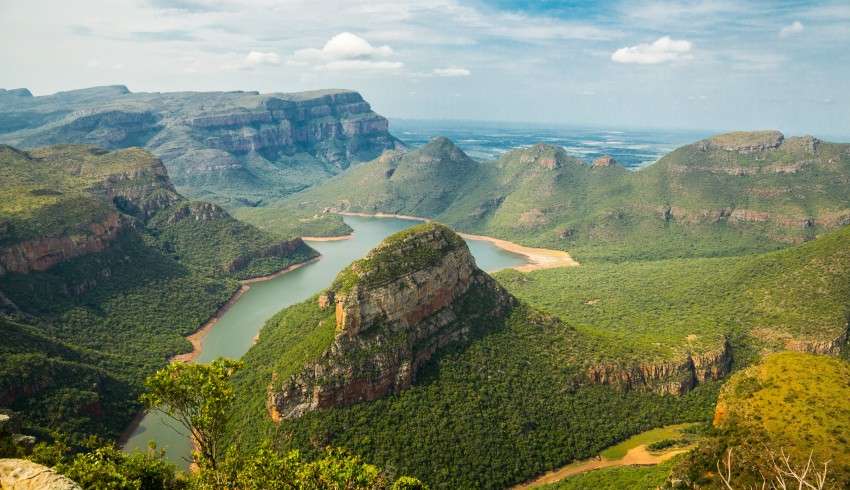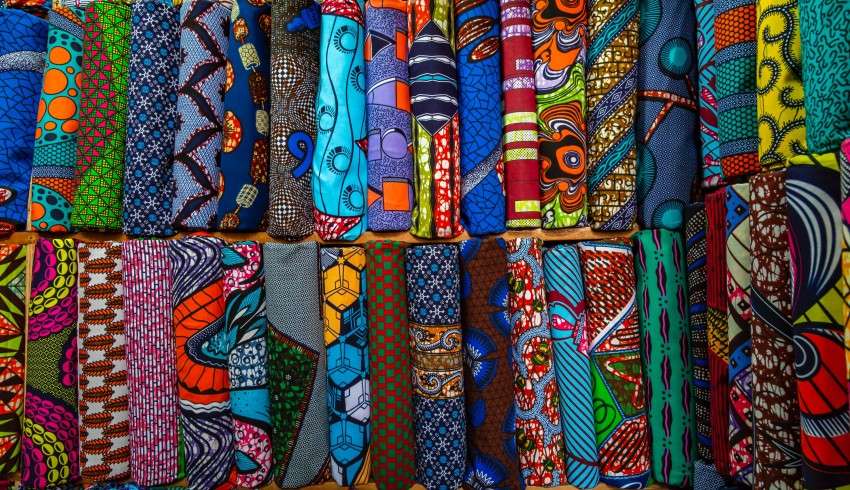Note : This Jeep safari Are Default they Can be Modified !!
Overview
An Africa Jeep Safari is a thrilling adventure that takes you through some of the most breathtaking landscapes and wildlife habitats in Africa. It typically involves driving in an open-sided Jeep through national parks, reserves, and conservancies, where you can see wild animals in their natural habitat. Jeep safaris in Africa usually take place in countries such as Kenya, Tanzania, Botswana, South Africa, and Namibia. Some of the popular destinations for Jeep safaris include the Masai Mara National Reserve in Kenya, the Serengeti National Park in Tanzania, the Okavango Delta in Botswana, and the Kruger National Park in South Africa. During the Jeep safari, you will be accompanied by a trained guide who will help you spot wildlife such as lions, elephants, giraffes, zebras, buffalos, and many more. The guide will also provide you with information about the animals, their behavior, and their natural habitat. You will have the opportunity to take photographs and videos of the animals and the scenery, and to experience the thrill of being in close proximity to some of the world’s most magnificent creatures.
Trip Highlights
- Amboseli National Park – Explore the stunning scenery of Amboseli National Park with the majestic Mount Kilimanjaro as a backdrop. Witness large herds of elephants, lions, cheetahs, and other wildlife roaming free in their natural habitat.
- Lake Manyara National Park – Enjoy a Jeep safari in Lake Manyara National Park, famous for its tree-climbing lions, flamingos, and other bird species. Take in the stunning views of the Rift Valley and watch for hippos in the lake.
- Serengeti National Park – Experience the endless plains of Serengeti National Park and witness the great wildebeest migration (depending on the time of year). See the Big Five (lion, elephant, buffalo, leopard, and rhino) and other wildlife up close on a thrilling Jeep safari.
- Olduvai Gorge Museum – Learn about the human evolution at the Olduvai Gorge Museum, which showcases the findings of the famous archaeological site of Olduvai Gorge.
- Ngorongoro Conservation Area – Visit the Ngorongoro Crater, a UNESCO World Heritage site, for a full-day Jeep safari. This unique landscape is home to over 30,000 animals, including the endangered black rhino.
- Masai Village visit – Meet the Masai people and learn about their unique culture and traditions on a visit to a local Masai village.
- Stunning landscapes – Take in the stunning landscapes of Africa, from the savannahs to the rolling hills and volcanic peaks, all from the comfort of a Jeep.








 +33-618242236
+33-618242236 
